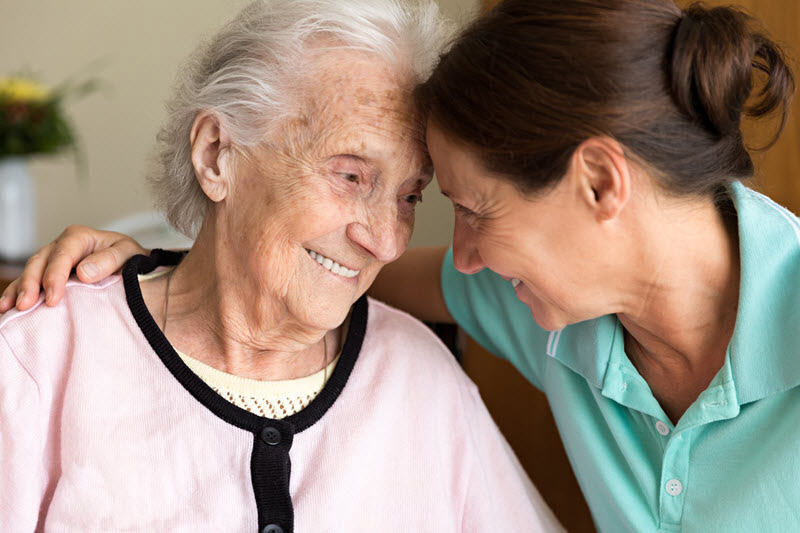Help for Heart Failure Caregivers
Quick Facts
- People with heart failure often need support from loved ones.
- Caregivers are an important part of the health care team and also need support.

Friends and family can often provide much-needed support
Managing heart failure isn’t always easy. People with heart failure often struggle with the tasks they used to do. They need to make changes such as eating differently, remembering medications, paying attention to their bodies and reducing stress. These changes can be hard because they often require breaking long-held habits.
Managing heart failure
Support from loved ones can help people with heart failure improve their health. The changes they need to make are often easier with support and care. If you live with or are close to someone with heart failure, you can have a positive impact by following instructions from the health care team.
As a caregiver or supporter, you can help by:
- Understanding that change takes time
- Following their health care team’s advice
- Participating in hospital and office visits
- Helping your loved one keep track of information
- Talking with the health care team and keeping them up to date on your loved one’s progress
At the same time, it’s up to the person with heart failure to manage their condition. Be supportive, but don’t do everything for your loved one. Let them know that you’re willing to help, but don’t take over or make excuses for lack of progress.
Being a caregiver has its own challenges
Being a caregiver for someone with heart failure requires a long-term commitment of time and energy.
As a caregiver, you need a plan and support. You’re not alone.
- Support groups are online and in many communities.
- Ask the patient’s health care team for contact numbers and help in giving care.
- Remember that you need to taking care of yourself, too. Your physical and mental health are important.
With proper planning and support, caregiving can be rewarding.
Support that lifts you up

Our online community of patients, survivors and caregivers is here to keep you going no matter the obstacles. We’ve been there, and we won’t let you do it alone.





